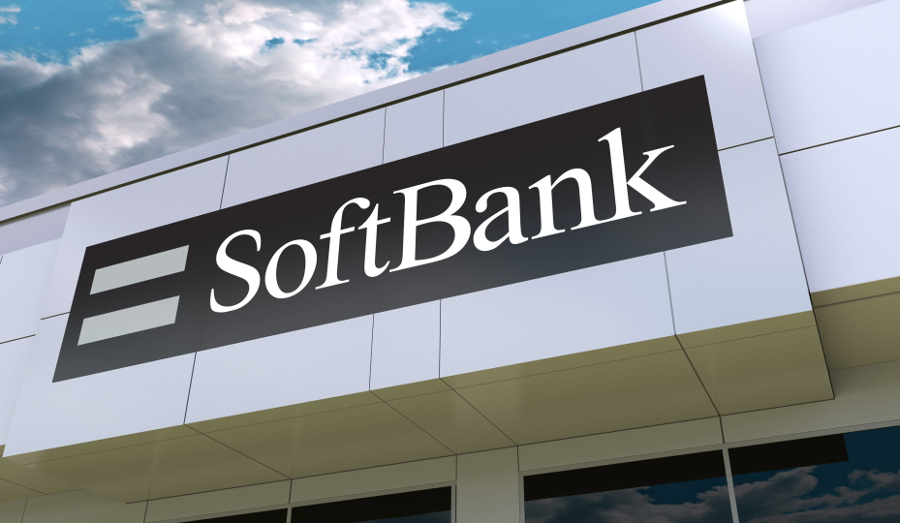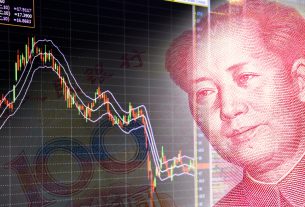Few people probably remember the initial origin of the 2008 financial crisis, but it started in 2007 when a business unit of Bear Stearns began to see a little bit of difficulty. It was a result of the collapse of the housing bubble, compounded by securitization of mortgages and excessive use of large amounts of leverage. What was initially deemed to be large but manageable losses ended up running the company into the ground, so that by March 2008 one of the biggest names on Wall Street was no longer.
Things continued to spiral out of control, with fall of 2008 bringing fears of a collapse of the entire US financial system. And rock bottom wasn’t reached until March 2009, while real recovery took years to get underway.
The question today is: who is the Bear Stearns of 2019? We’re already starting to see signs of companies that are much loved by Wall Street but that are facing severe financial difficulties. Take, for instance, Tesla, the darling not only of Wall Street but of technophiles and green energy enthusiasts everywhere.
For years we’ve been told that electric cars are the wave of the future and that Tesla is leading the charge. But Tesla is facing severe financial difficulties, an odd situation to be in during an economy that is supposedly so strong. Its cars are beset with glitches and, despite their popularity with the well-to-do, sales aren’t great, nor are they sufficient to make the company profitable, despite years in business. In fact, if it weren’t for sales of electric vehicle tax credits to other automobile manufacturers Tesla would be even further in the red.
The company’s stock is down almost 50% from December, dropping from over $370 to just over $200. Facing a funding crunch, Tesla is looking to raise more funds from investors, but will those investors bite, and will the company get the money it needs? And if the company fails, will it bring down other companies or spur a more widespread selloff in equity markets?
Then there’s the case of SoftBank, the Japanese conglomerate that has made a name for itself in recent years by investing in numerous startups and unicorns such as Alibaba and Uber. The company is trying to raise an additional $100 billion in investor funding to start a new investment fund, but investor interest has been lacking.
Part of that is due to a lack of desire to pay someone else to invest in startups that existing funds are already able to invest in, but part is also due to concerns about SoftBank’s lack of transparency. SoftBank’s charismatic founder claims investment acumen, yet his major investment coup was in Alibaba. His record otherwise is spotty, including investing in Bitcoin at its top and selling at a significant loss.
Is SoftBank’s success thus far merely a result of the massive amounts of financial stimulus pumped into the Japanese economy? And if the company’s investments go south and its financial position erodes will it take other companies down with it?
There are a lot of questions surrounding these companies, and a lot of uncertainty about the future direction of the world economy. Will either of these companies become the next Bear Stearns, or are there other candidates to take up that mantle?
This article was originally posted on Red Tea News.





